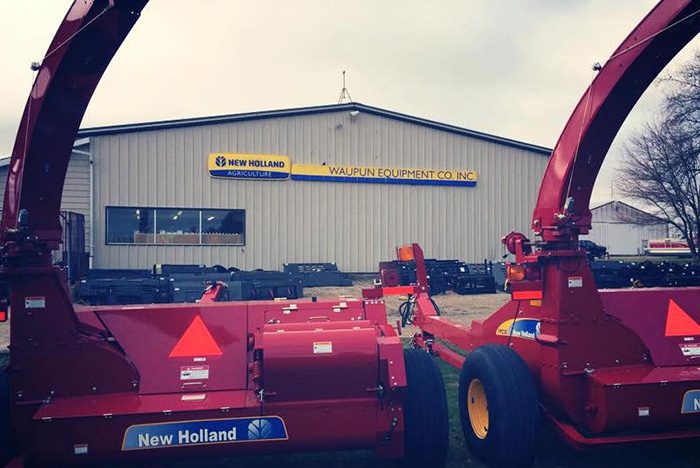At Waupun Equipment in Central Wis., management saved money on training expenses and doubled sales revenue almost instantly when they transitioned parts employee, Justin Premo, to a full-time dedicated precision specialist.
For years, Waupun Equipment, a 2-location dealership group in central Wisconsin, split their precision equipment responsibilities between two of its parts department employees.
But 2 years ago, the dealership created a dedicated precision farming specialist position. Rather than splitting time between sales and service of precision products and the parts counter, Justin Premo became the primary precision specialist.
The transition resulted in a jump from around $80,000 worth of precision farming sales in 2013 to just shy of $200,000 in 2014. He admits that this year has been a bit more difficult because of slumping commodity prices, but the change in structure still provides significant savings.
In the dealership’s previous model, Premo and his associate in the parts department were spitting precision duties. Because of this, they both required all the training one full-time specialist would need.
“When the dealership would send us both for training it’d cost a few thousand dollars once we factored in the travel, lodging, training and food,” says Premo. “It was nice having two people do it, but even for 2 or 3 days for classes, the costs were stacking up really quickly and we were just hemorrhaging money.”
Premo is quick to add that the changeover has saved as much time as money. He was often frustrated by not having enough time to devote to customers needing prompt assistance before the staff change.
“In the spring rush when farmers were having issues with precision equipment on planters or tractors, we used to have to try to find some way to schedule a visit,” says Premo. “Today, our response time is ‘now’ because I don’t have parts department responsibility. Our customers appreciate that.”
Designating Premo as a precision specialist took him from behind the parts counter and put him in the field, where new sales began flooding in.
“Working in parts, we were basically counting on walk-in sales for precision equipment,” says Premo. “We did alright with it, but a lot of the sales were for lower-end GPS users. Now, if a salesperson hands me a lead, I can go out talk to the farmer in the field and give him a demo right there. The face time has been huge for sales.”
More freedom to pursue leads helps Premo increase sales with established customers, but it also frees time for turning up new ones too.
“I didn’t have time to make cold-calls before,” says Premo. “I’ve had multiple occasions now where I’ve gone out to talk to someone who I’ve never met.
“I usually find them by asking current customers if there’s anyone they know who’s looking at new equipment. It’s great for precision sales, but sometimes it can even bring new customers into the dealership who end up buying a tractor or implement.”




![[Technology Corner] Technology Adoption Barrier: ‘Purse Strings Have Tightened’](https://www.precisionfarmingdealer.com/ext/resources/2024/10/24/Technology-Adoption-Barrier--Purse-Strings-Have-Tightened.png?height=290&t=1729870170&width=400)



Post a comment
Report Abusive Comment